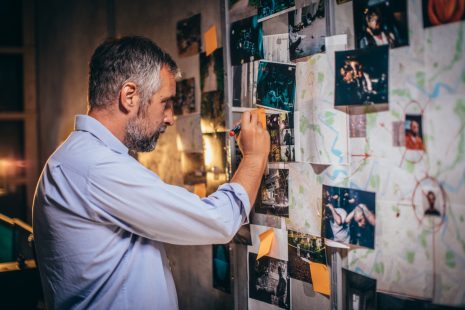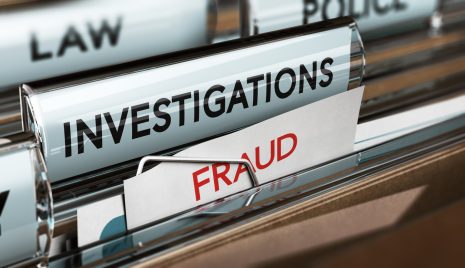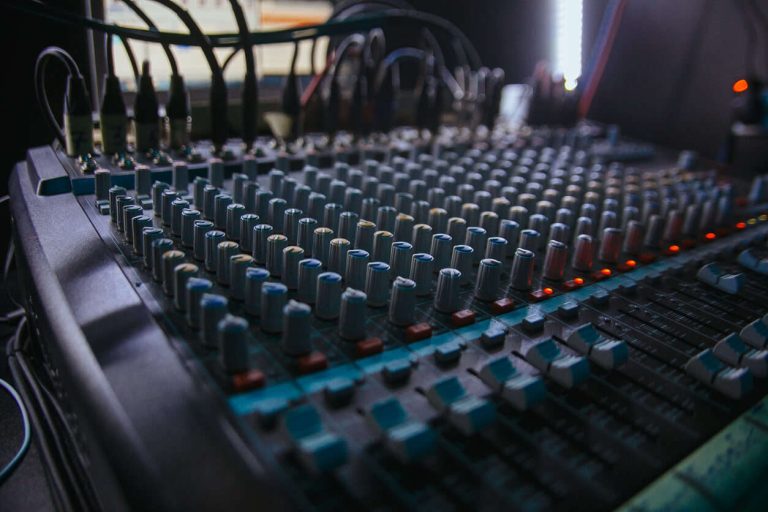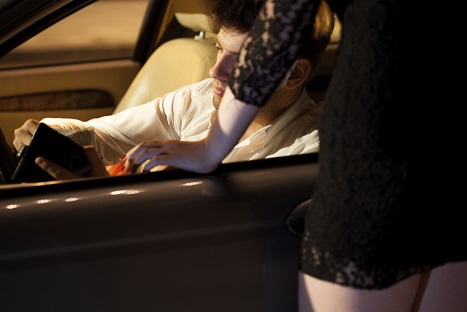What is a Private Investigator Legally Allowed to Do?
Thanks to many Hollywood movies and bestselling books, there’s a lot of misconceptions about private investigators. Only on the big screen would private eyes be able to get away with picking the locks and breaking into buildings to get information, flash a badge to coerce the target to confess, or snap photos of a subject inside a residential home whilst hiding behind a bush. However, it’s important to understand that there are still a lot of things a private investigator is permitted to do in order to get information on their subject.
At Melbourne Private Investigations, we’re here to set the record straight and explain what a private investigator is legally allowed to do – and what they’re not allowed to do. Read on to find out the rules…
What can private investigators do legally?
Let’s get one thing out of the way first: a private investigator is not above the law. They will need to abide within the confines of the law to solve cases or gather information during surveillance. Keeping this in mind, here are a few things that a private eye can do:
- Take photos in public spaces without asking permission. This is because there is no expectation of privacy when you are out in a public space.
- Conduct stakeouts. Following a subject to learn more about their movements in public spaces is legal.
- Interview family, friends and neighbours. Using charm to ask questions to find out as much information as possible about a subject is permitted. However, this can be tricky as the interviewee may report back to the subject.
What can’t private investigators do?
Just as there are some things a private investigator can do, there’s an equal amount of things they cannot do. Some might be common sense, while others are lesser well-known.
Just some of the things that are illegal include:
- Take photos through a window in a home. There is an expectation of privacy when someone is at home if that person would deem to be in a private space. To clarify this, if the public can see that person clearly, the photo can be taken. However ,if the investigator needs to go to extreme lengths to capture an image, then it would be illegal for a private investigator to take photos of a subject while they are inside their home.
- Hack into online accounts. A private investigator may check public social media accounts but they cannot hack into the account of the subject.
- Hack into any personal account. This includes mobile phones, tablets, personal computers or email accounts.
- Uncovering protected information. While a private eye may be able to find out where a subject has a bank account, they won’t be able to obtain information about how much money is in that account – without the subject’s consent.
- Trespass. A private investigator is not allowed to enter a property, house or building that they do not have permission to enter. This means they can’t pick locks or use force to enter.
- Carry a badge. There’s a fine line that could be overstepped regarding impersonating law enforcement. As a private investigator is not a police officer, they should not impersonate one – even accidentally.
- Plant a spy gadget. While cameras can be used to take photos and videos in a public setting, a private investigator cannot plant a spy listening device in the home or office of the subject. However, you can track your partner with our discreet spy recording and listening gadgets, which you are allowed to record in your own home.
Find a trustworthy and reliable private investigator
A talented and good private investigator won’t ever have to resort to illegal surveillance in order to obtain the information they need to give to their client. At Melbourne Private Investigations, we are committed to upholding the law while helping you get the best outcome.
If you think your partner is cheating on you or you’re trying to locate a missing person, contact Melbourne Private Investigations today on 1300 416 730 for a confidential chat.







